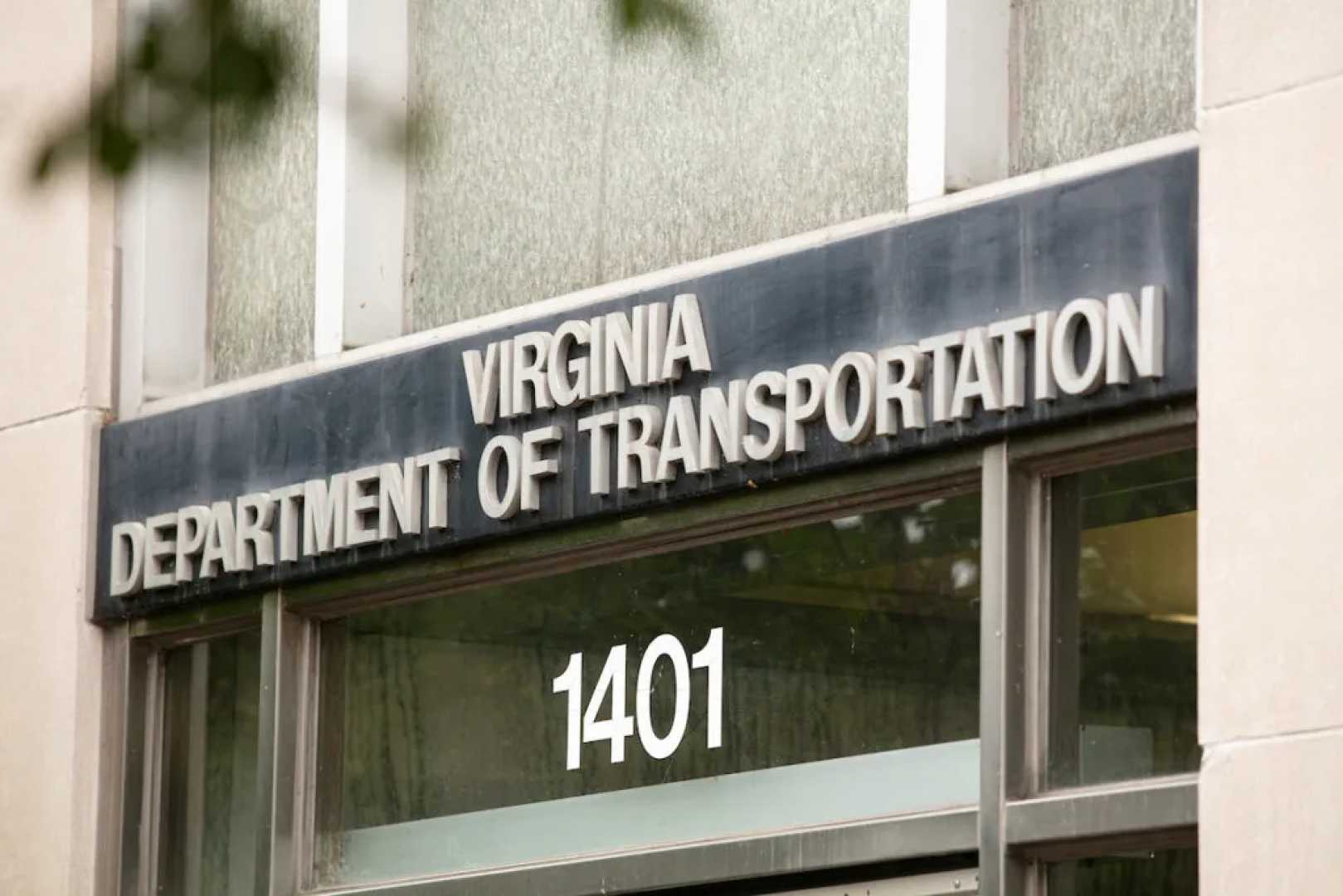Business
Virginia Transportation Department Embraces AI to Tackle Rising Construction Costs

RICHMOND, Va. – Facing soaring highway construction costs since 2020, Virginia’s transportation officials are turning to artificial intelligence to enhance the state’s budgeting and pavement maintenance strategies. The Virginia Department of Transportation (VDOT) announced this shift as financial pressures mount from escalating material and labor prices, supply chain disruptions, and unpredictable weather events.
Cathy McGhee, chief deputy commissioner for VDOT, emphasized the importance of leveraging AI to improve data collection and decision-making processes in a statement to Virginia Mercury. “It is a great time for VDOT to investigate the potential for Artificial Intelligence to enhance the way we make decisions given our ongoing commitment to improving our data collection and management,” McGhee stated.
The rising construction costs have spurred VDOT to explore AI solutions that can maximize investments in road maintenance and repairs. “Increasing construction costs make it even more important than ever to have data-driven decisions with respect to our investments,” she commented. Initial pilots will focus on cost estimation and pavement management, areas where cost impacts can be significant.
Virginia has one of the largest state-controlled roadway networks in the nation, maintaining nearly 60,000 miles of roads, alongside an additional 10,000 miles in urban areas. Over the past decade, VDOT has added 3,200 lane-miles to its maintenance roster, with pavement resurfacing costs increasing by as much as 45% since 2019.
During a presentation to the Commonwealth Transportation Board’s Subcommittee on Innovation, McGhee and VDOT staff presented their goals for the AI initiatives, pointing out the platform’s potential to provide deeper insights into pavement lifecycle data.
Governor Glenn Youngkin’s administration has been proactive in preparing the state for AI integration across various sectors, including transportation, health care, and security. Nonetheless, concerns over AI misuse in political realms have sparked greater scrutiny and regulatory proposals.
Last year, Youngkin ordered the establishment of standards for AI use in government, enabling lawmakers to establish guidelines for responsible implementation. Current legislative efforts include a bill sponsored by Delegate Michelle Maldonado, which aims to impose rigorous requirements and civil penalties for the use of high-risk AI systems.
Virginia’s evolving legislative landscape concerning AI also encompasses various measures aimed at regulating social media use for minors, imposing stricter penalties for AI-generated deepfakes, and mandating disclosures in political advertising where AI is utilized.
As VDOT anticipates Governor Youngkin’s decisions regarding AI legislation, Delegate Maldonado expressed optimism regarding the progress of VDOT’s AI-driven pilots. “I think it’s a very good start,” she said, highlighting the potential for AI to enhance data analysis while supporting human decision-making processes.












